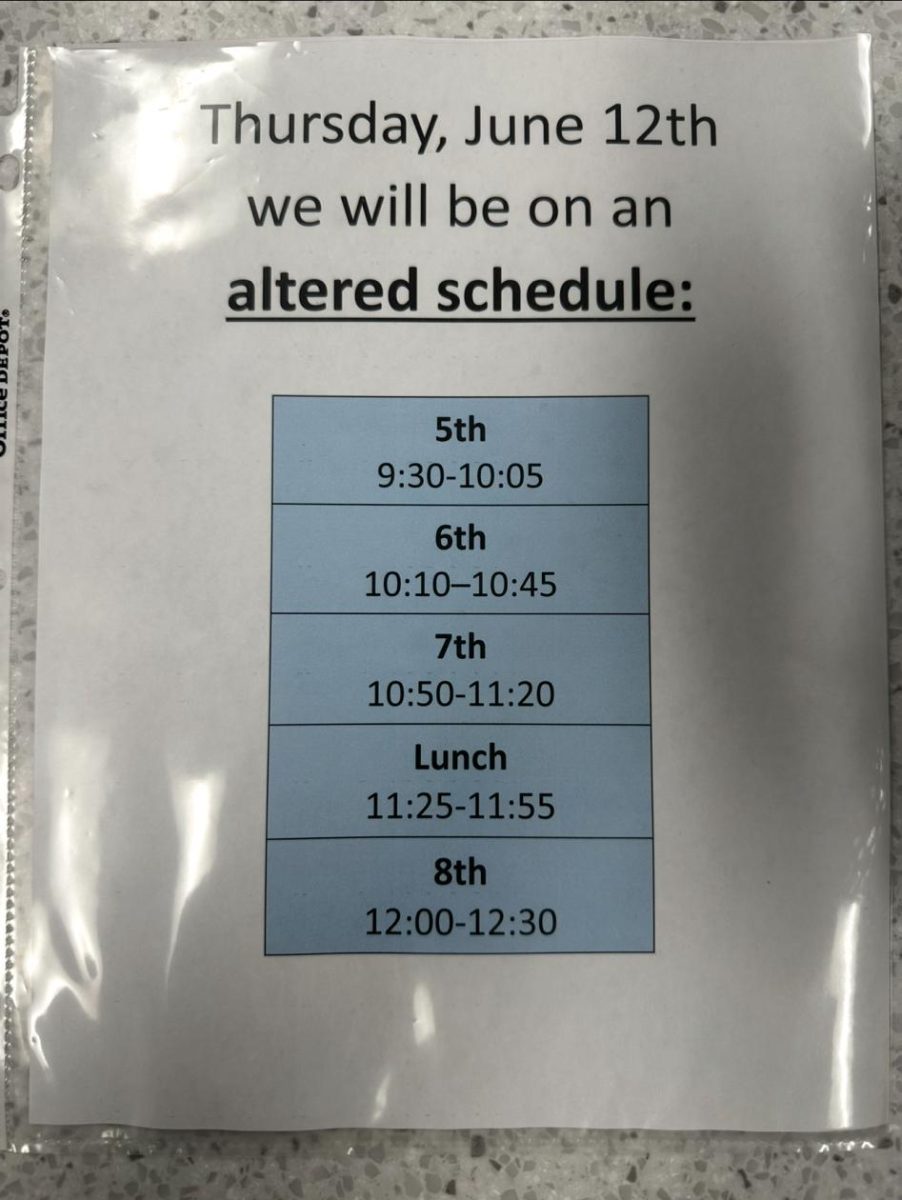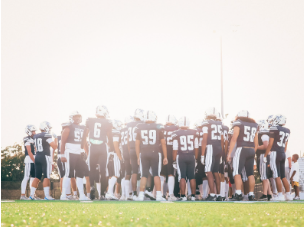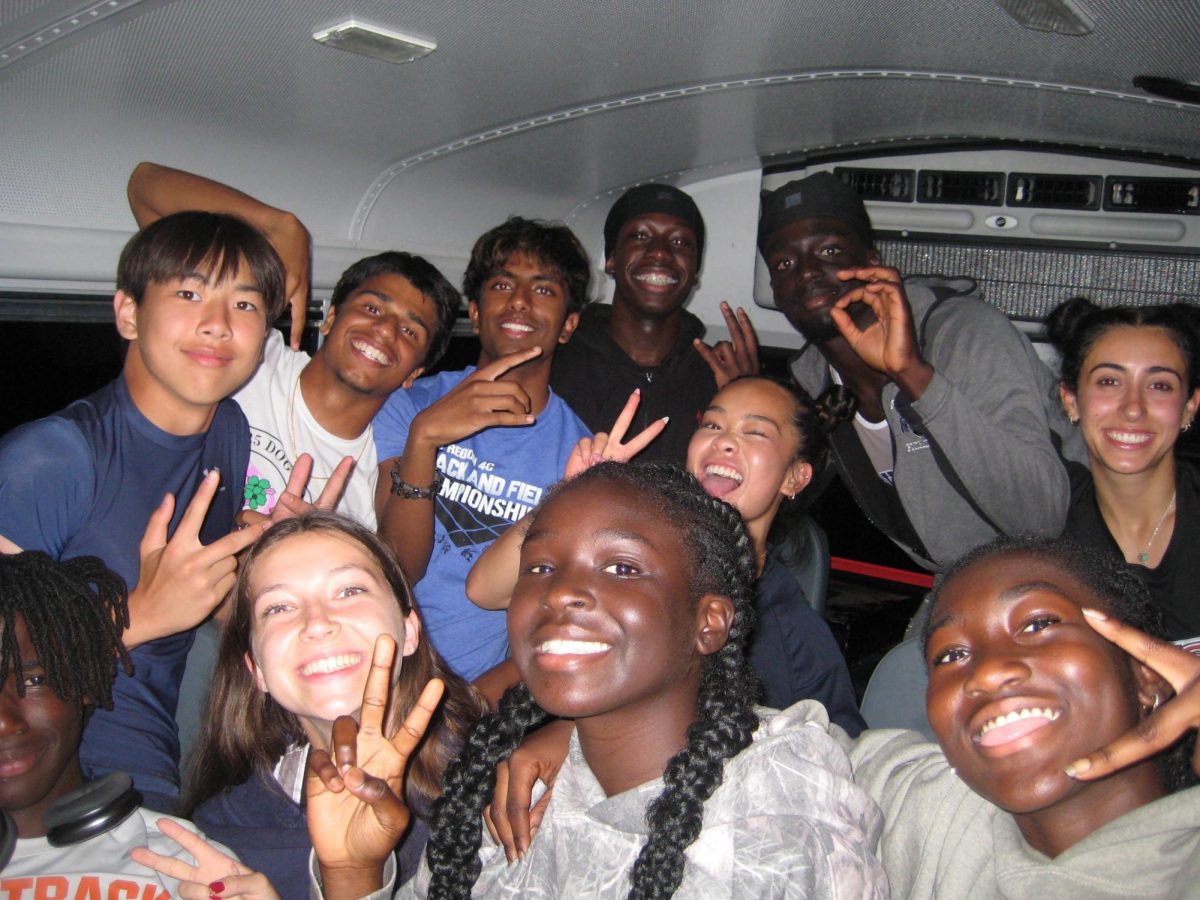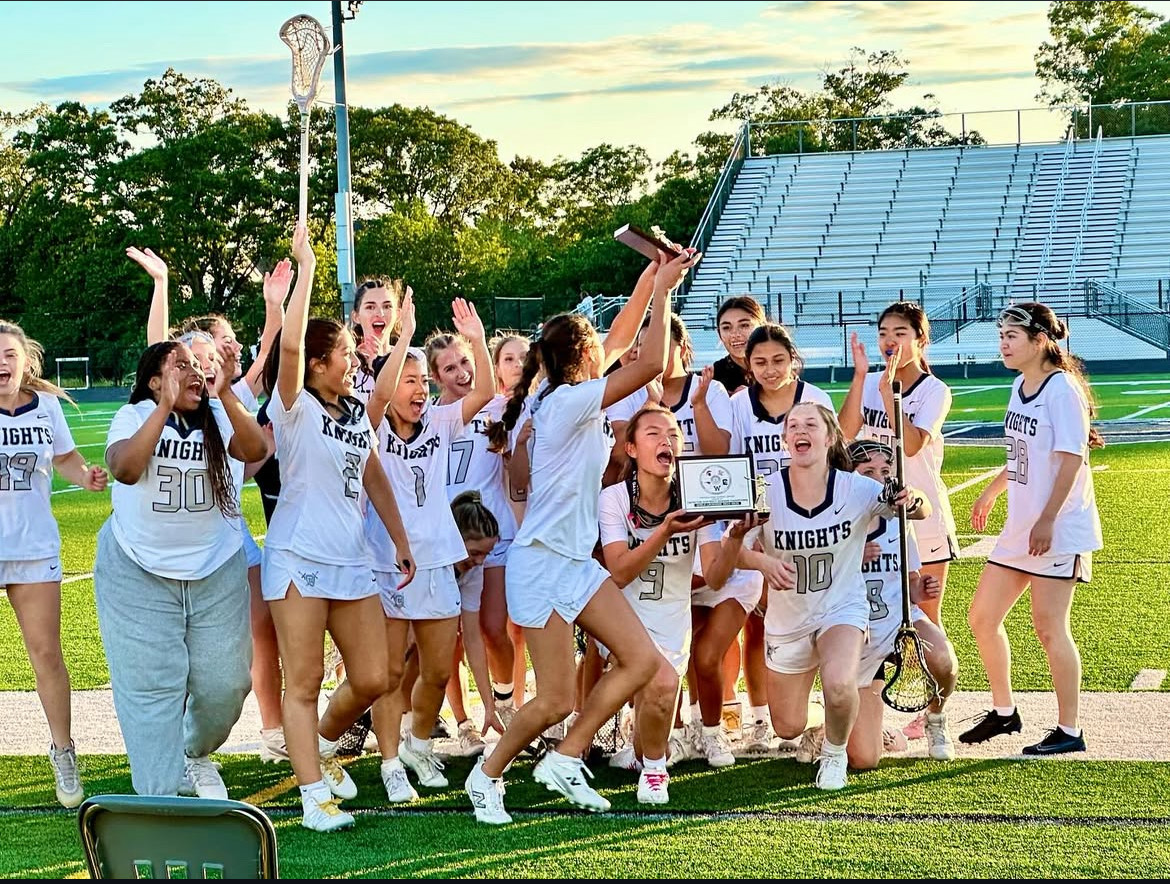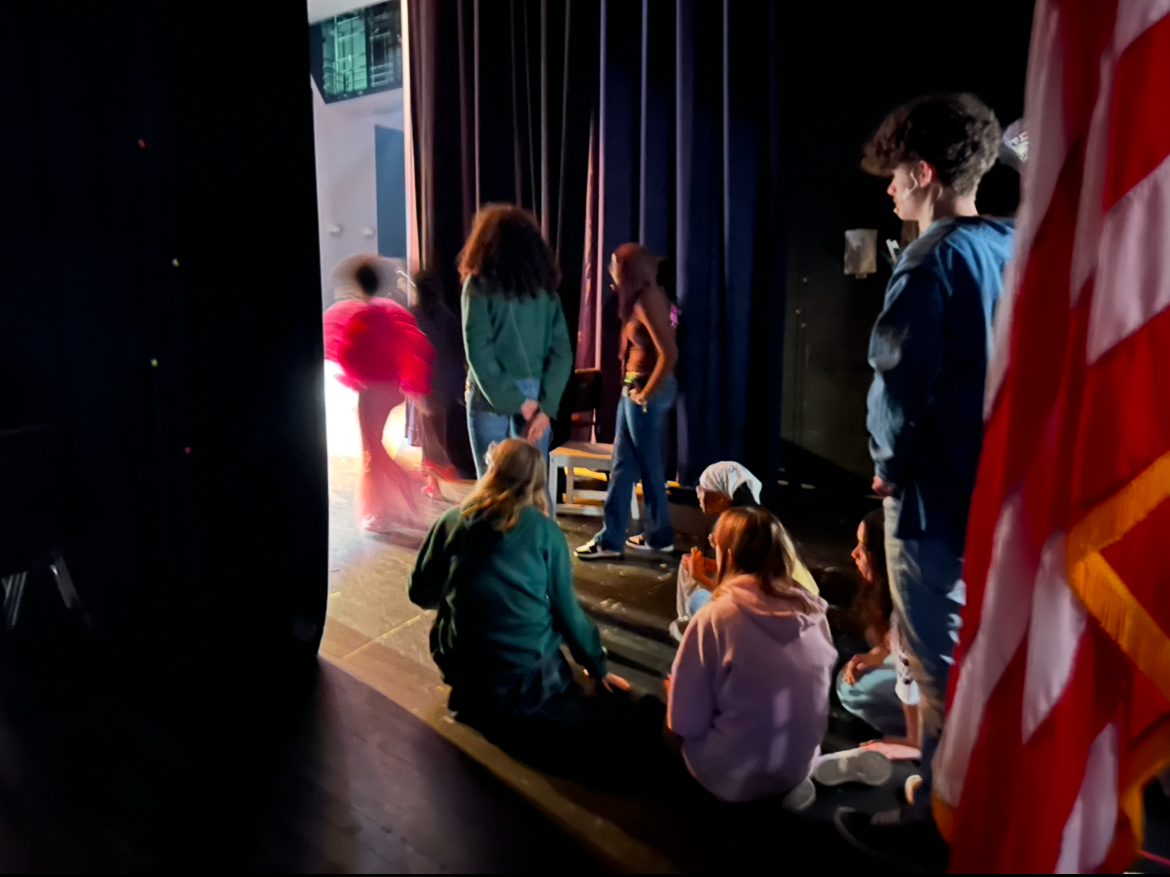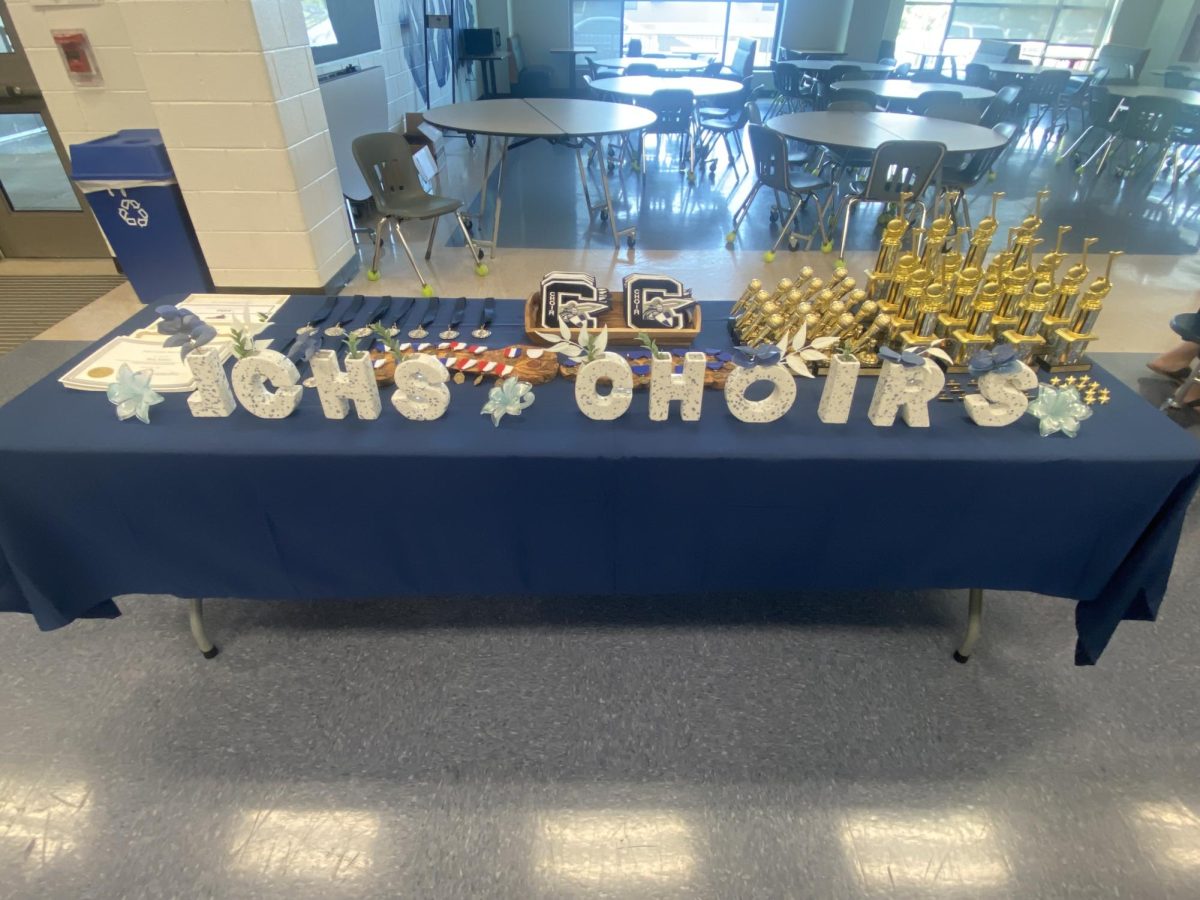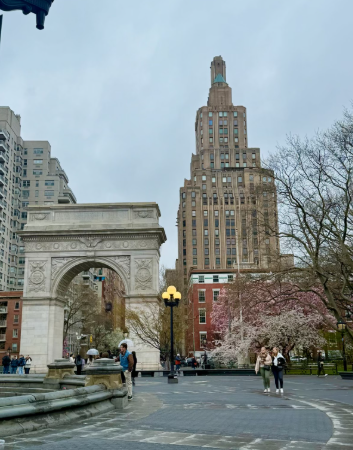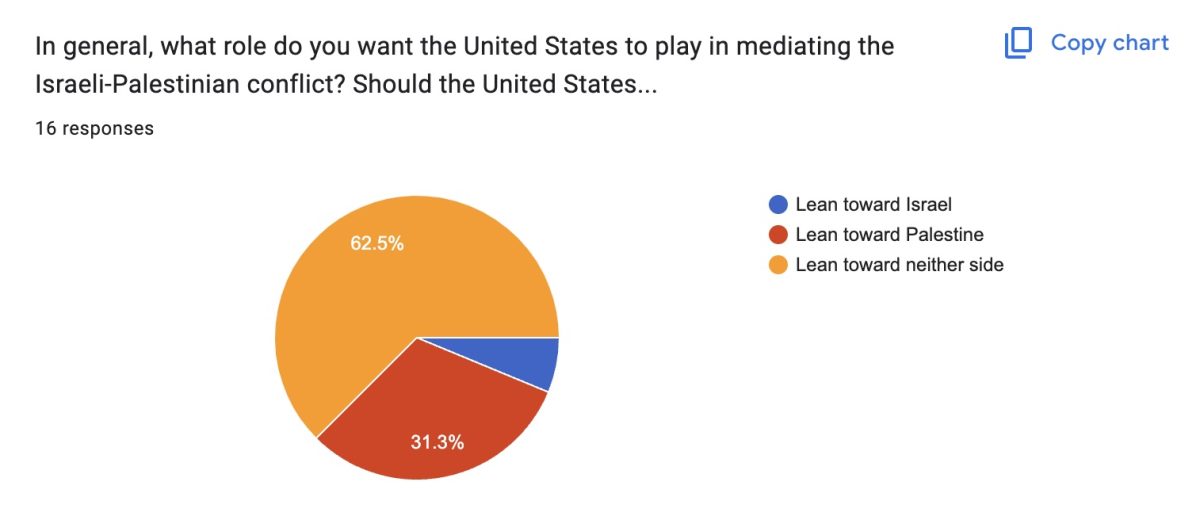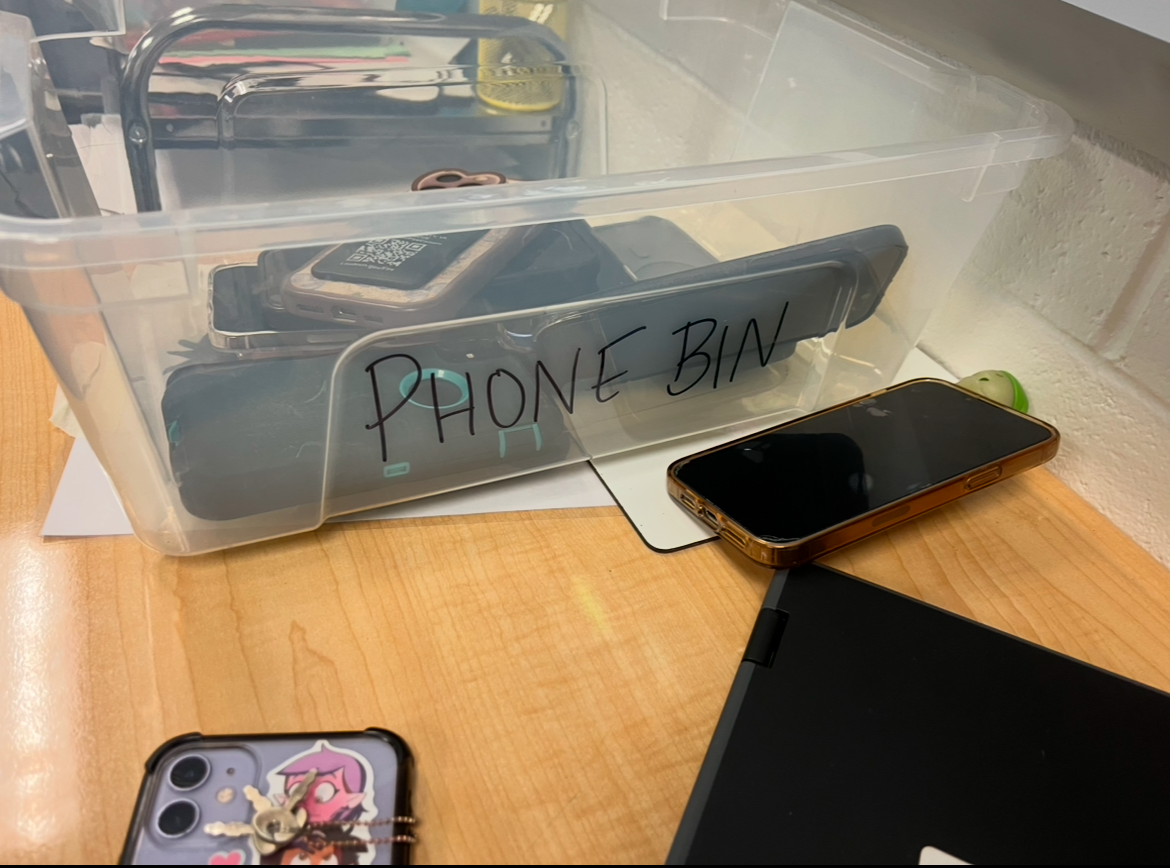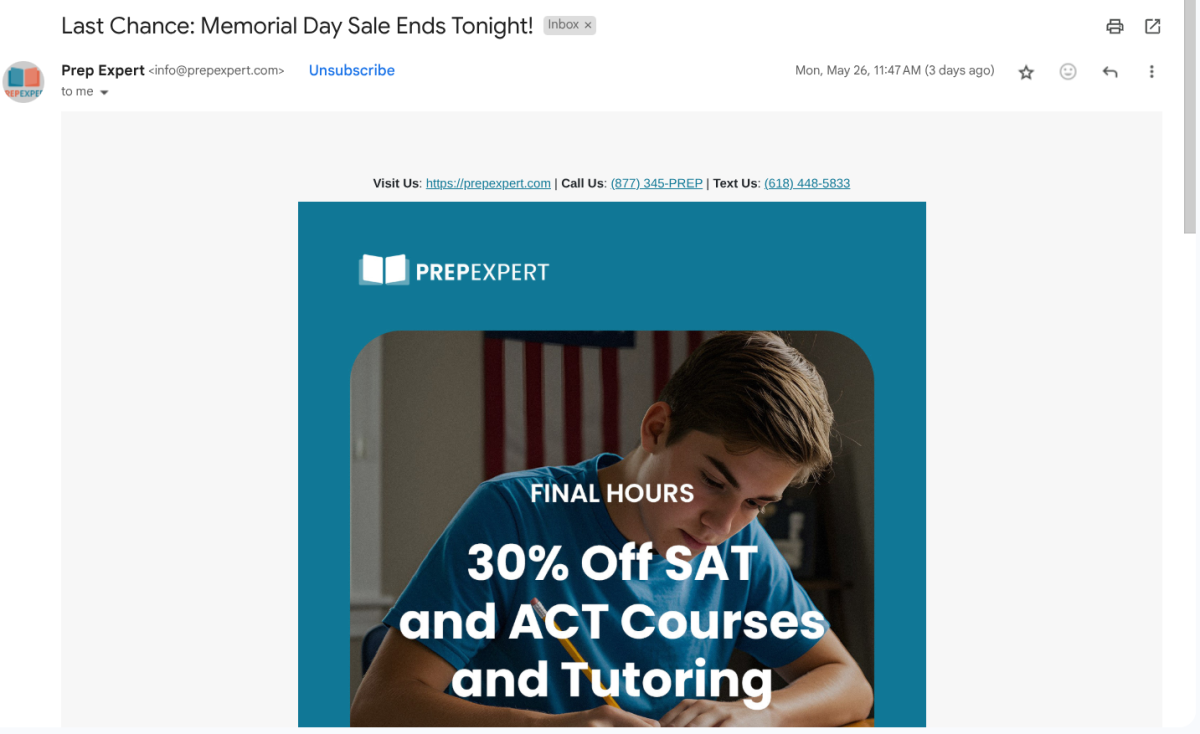The exciting time has come for seniors who are aiming to pursue higher education to decide where they will spend the next four years of their lives and start their professional careers.
Since most college application deadlines have already passed, many decisions have been released. As seniors take time to decide on the school they will commit to, there are many factors to take into consideration, and it can be difficult to pick just one school.
Deciding on a college is, for most people, the biggest decision they will make so far in their lives. As a 17 or 18-year-old, it can be daunting to think that one decision could shape the path of your future, and it is easy to wonder if you should’ve made a different choice instead.
Rana Mahmoud, a senior at Champe, has received college acceptances from multiple colleges across the country and is taking her time to decide which one she will attend in the fall.
“I applied to a lot of schools just to see which ones I could get into,” Mahmoud said. “And also to see ones that I see myself at that would set me up for my career.”
Applying to a variety of colleges, especially if you don’t mind studying out of state, could be a good idea to open yourself to new communities and different opportunities.
“I applied to some schools in California, New York, Boston and some others. I also applied to some Virginia schools, but would like to go out of state,” Mahmoud said.

One of the most important factors to consider when choosing between colleges is finances. Many students choose a college based on the one where they can pay the least amount of money, and possibly graduate debt-free. Others weigh their options and choose one that might be more expensive, but the academic rigor, university network, or prestige would seem to be worth paying more money, and the return on investment appears to be profitable.
Another key factor that students often consider when applying is the strength of academic programs for their intended major. Rachel Philip, another senior at Champe, focused her college search on schools that could help her build a strong foundation in her desired field.
“I chose to apply to Virginia Tech, George Mason, William and Mary and some more,” Philip said. “I was looking at how good of a fit they would be for my major and for my future.”
For students like Philip who already know what they want to study, looking into schools that specialize or are well-ranked in that area can make a major difference in the opportunities they have during and after college.
“I am majoring in cybersecurity, so I wanted a really solid and good undergraduate education from a school so that I could find a good job after graduation,” Philip said.
Access to internships and real-world experiences also plays a big role in somebody’s decisions. Being located near industry hubs or within networking distance of major companies can increase opportunities in competitive fields.
“I think these schools will help me grow and advance in cybersecurity because I can get access to internships at good companies in this area. I think that also the people that go to these schools and will be in the sam
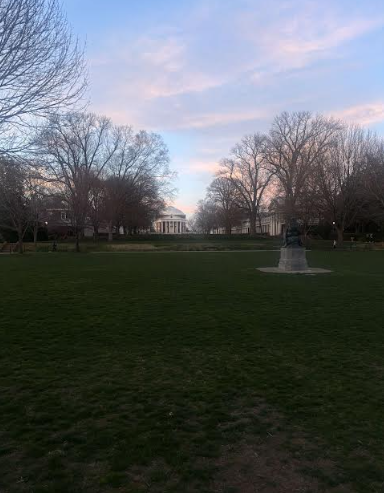
e classes as me will be motivated like I am in school,” Philip said.
Although she hasn’t officially made a decision yet, Philip is leaning toward staying in Virginia, and this can save money and allow her to be in closer proximity to home.
“I still haven’t committed to any school yet but I am planning to make a decision soon. It will probably end up being one of the ones that is in state,” she said.
For other students, such as Mimi Adams, Early Decision played a big role in how her college application journey went. Applying Early Decision to a top-choice school can increase your chances of acceptance, but it also means you have a binding commitment.
“University of Virginia was my top school, so I applied Early Decision and was very happy when I got in and officially committed there, and everything ended up working out for me,” Adams said.
When building a college list, some students also weigh factors like tuition, location, and campus culture. For Adams, these elements shaped her process from the start.
“When I was making my list of colleges to apply to, I was looking at tuition and location. Another factor was the people that would be there and how I feel I would get along with them and that environment,” Adams said.

Finding a community where you feel you belong can be just as important as academic programs. Feeling comfortable with your peers and surroundings can make the transition to college life much smoother.
“I think UVA is a really good fit for me because there are lots of people that are dedicated to their education and are more like-minded to me,” Adams said.
Having family nearby can also be a comforting factor, especially for students who may feel nervous about the changes that come with moving away from home.
“I also have a cousin that goes there currently, so it will be nice to have family close by and have that tie to the university,” she said.
While location was a major factor for some students, others weren’t concerned with staying close to home.
“To me, location wasn’t so much of a factor because I don’t really care to stay in Virginia, I would go to the west coast or up north to study,” Mahmoud said.
Setting the foundation for the next chapter of life academically, personally, and professionally looks a little different for everybody, but ultimately, everyone will end up somewhere that is a good fit for them.


